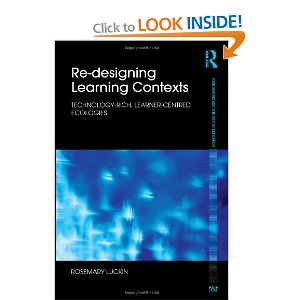Unconstrained by any exam syllabi or the curriculum our young hackers from Greig City Academy got to grips with electronics, design, programming, group work, communication and presentation in a very, very short space of time. They went from novice to accomplished in less than 48 hours. This 2 minute video summarizes their activity.
The students worked in three groups, each of which worked on solving a real world problem. One group developed a robotic guide dog called DogBot that would help blind people find their way around the world. Another built a prototype for a sensortive glove with the strap line – ‘it’s all in the hand’. The glove aimed to enable people to complete everyday activities like switching on the lights with a flick of the wrist without being near the light switch. The students had to work out how the different sensors, such as the gyroscope, worked and then write the code to interpret the data sensed into actions. The third group developed a prototype for a coin sorting device that would collect the coins dropped in the playground. Students needed to build a physical coin sorter and link it to the arduino device and sensors that detected the presence of metal.
To find out more, you can check out the tweets as compiled into a storify at: sfy.co/p0AVQ and we will be populating the HackEd15 website with more details about the event and these very short videos explain what each of the groups did.

